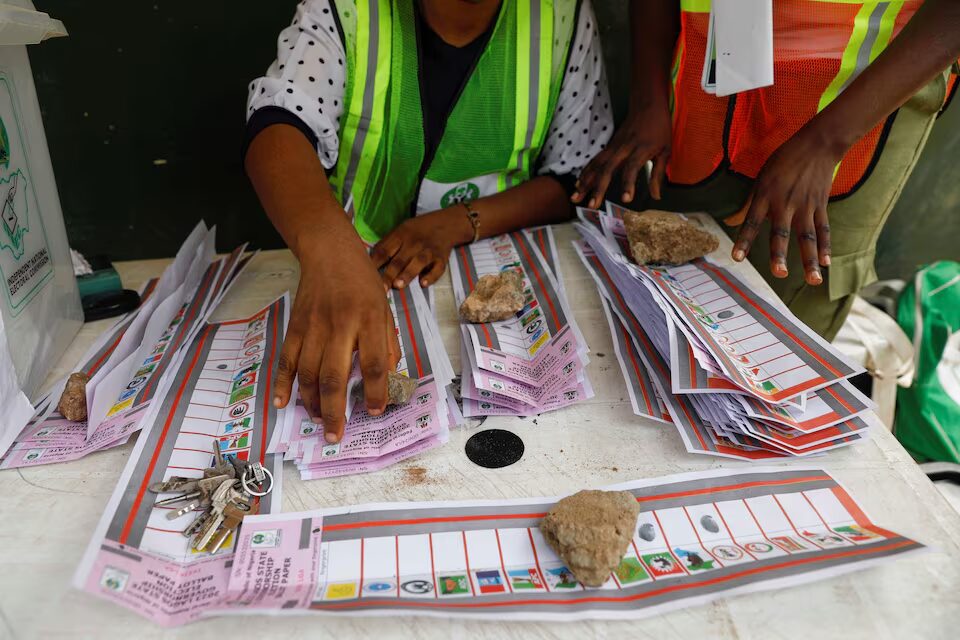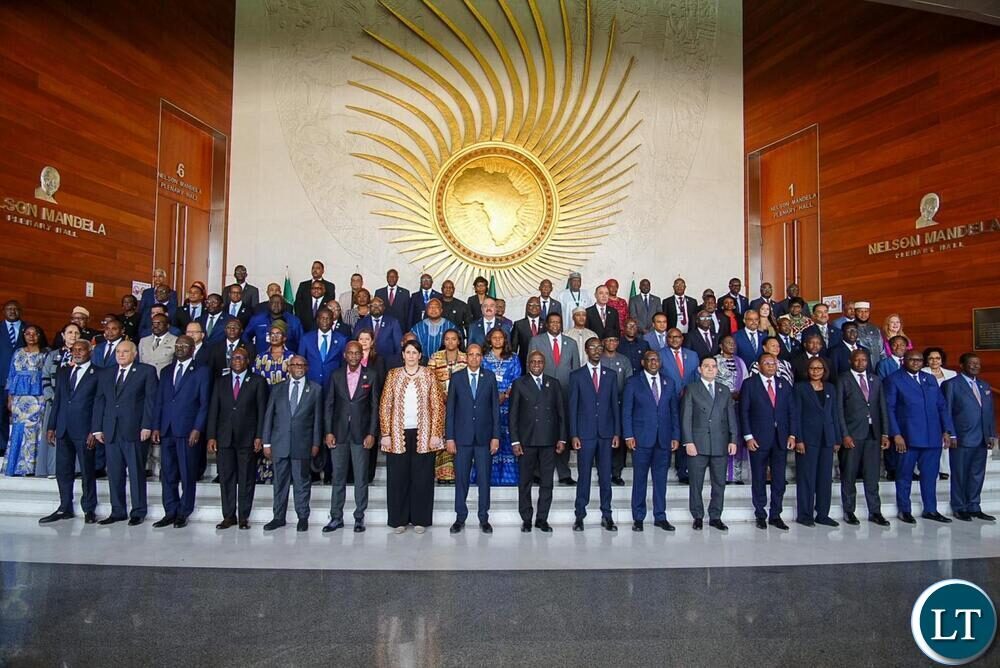
Friday, 28th March 2025.

By inAfrika Reporter,
Tanzania’s public financial management landscape is undergoing a notable transformation, as evidenced by the latest report from the Controller and Auditor General (CAG), Charles Kichere, presented on March 27, 2025, to President Samia Suluhu Hassan. The 2023/24 audit shows significant improvements in the use of public funds, marking a turning point in the country’s commitment to financial transparency and accountability. Out of 1,485 audits conducted—including financial, performance, and special audits—an impressive 99 percent of entities received unqualified audit opinions, signalling a widespread adoption of sound financial practices across government bodies.
The report, however, is not without its cautionary notes. Despite this positive trend, some state-owned enterprises continue to face deep financial challenges. Air Tanzania Company Limited (ATCL) posted a loss of Sh91.8 billion, a 62 percent increase from the previous year. The airline received a government subsidy of Sh100 billion, but its operations were hampered by prolonged maintenance on its Airbus fleet, which resulted in grounded aircraft and operational bottlenecks. Similarly, Tanzania Railways Corporation (TRC) recorded a loss of Sh224 billion, largely due to prolonged rains and equipment shortages. While the launch of operations on the standard gauge railway in June 2024 offers hope for a turnaround, these losses raise questions about the long-term financial sustainability of key public investments.
The tax collection performance by the Tanzania Revenue Authority (TRA) was a mix of achievements and missed targets. Tax revenue rose to Sh26.07 trillion, up 15.46 percent from the previous year. Yet, it fell short of the government’s target by Sh659.61 billion. A major challenge remains the backlog of unresolved tax disputes—over 1,180 cases valued at nearly Sh9.83 trillion—that are still pending in tax courts. Meanwhile, local government authorities (LGAs) fared relatively better, with 110 out of 182 councils exceeding their revenue collection targets. However, major councils like Dar es Salaam City, Kinondoni, and Mwanza significantly underperformed. Dar es Salaam, for instance, managed to collect only Sh3.4 billion against a target of Sh15 billion.
Government debt remains a major area of concern, although it is still classified as sustainable. As of June 2024, Tanzania’s public debt stood at Sh97.35 trillion, up from Sh82.25 trillion the previous year. Of this, Sh65.4 trillion was external debt, while domestic debt stood at Sh31.95 trillion. The debt-to-GDP ratio was 41.1 percent, comfortably below the government’s threshold of 55 percent. Debt servicing consumed 14.5 percent of government revenue, also within manageable levels. These figures reflect disciplined debt management policies, although the rising trajectory demands vigilance.
The Prevention and Combating of Corruption Bureau (PCCB) also played a critical role in safeguarding public funds. Over Sh30 billion was recovered through investigations and anti-corruption operations, including Sh6.6 billion from a mismanaged loan at TIB Development Bank and over Sh2 billion from diverted municipal development funds.
Tanzania’s progress offers lessons for other African nations grappling with financial governance. While the country has made strides in transparency and tax collection, the recurring losses among key state-owned enterprises and inefficiencies in tax dispute resolution point to systemic issues that require strategic reforms. The challenge now lies in sustaining this momentum while addressing long-standing inefficiencies and ensuring that public investments yield real economic returns.


